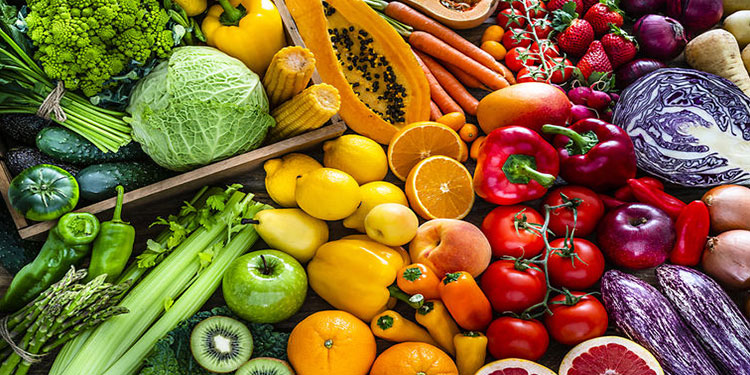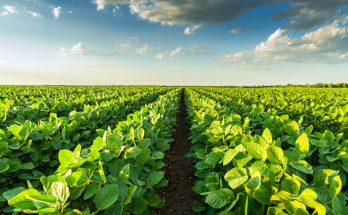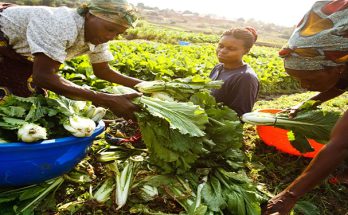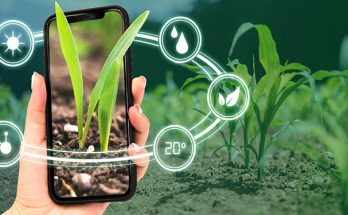 Kenya is one of the 27 nations that will soon have a software program that will be crucial in providing real-time estimations of the region’s food stock availability.
Kenya is one of the 27 nations that will soon have a software program that will be crucial in providing real-time estimations of the region’s food stock availability.
The Alliance for a Green Revolution in Africa (AGRA) and the Common Market for Eastern and Southern Africa (Comesa) are spearheading the charge to create a digitised Regional Food Balance Sheet (RFBS) that incorporates data from both public and commercial sources.
The RFBS will support data-driven government decisions regarding production support, trade policy, and stock management as well as business decisions and investment in the private sector.
The pilot phase has so far encompassed six nations, including Kenya, Rwanda, Malawi, Uganda, Zambia, and Tanzania.
The Covid-19 pandemic showed the lack of fast, and accurate data for decision-related to food and nutrition security in several Sub-Saharan African nations, which prompted the attempt to develop a computerised system.
In 2020, the Comesa Council of Ministers instructed its Secretariat to launch a Comesa-wide RFBS effort in response to these data gaps and needs.
This sparked a cooperative and multi-stakeholder engagement, with Comesa serving as the platform’s initial convener and host. A number of analytical and technology partners, including the Regional Centre for Mapping of Resources for Development, NASA Harvest/UMD, the Bureau for Food and Agriculture Policy, and Tetra Tech, provided support.
The UK government, The Bill and Melinda Gates Foundation, The Rockefeller Foundation, and the United States Agency for Internal Development are the project’s development partners (USAID).
Representatives from the six pilot nations, including those from the ministries in charge of agriculture, food security, and national statistics agencies, observed a practical presentation of the RFBS platform by Comesa and Agra.
Governments, academic institutions, the private sector, and humanitarian organisations are just a few of the stakeholders who collect data. However, Dr. Cheluget noted that these data are rarely shared or compiled into a single central database that the stakeholders can use to guide their decision-making.
The RFBS, according to AGRA Vice President Apollos Nwafor, is a useful instrument for determining the region’s general shortages and surpluses as well as for creating forecasts of future food supply and demand requirements that aid in establishing goals for agricultural output and trade.
The Food and Agricultural Organization will verify historical records from national governments, as well as current season estimates from private and public data partners across East and Southern Africa. Future estimates will also be derived using advanced analytics from satellite imagery and other technologies.



